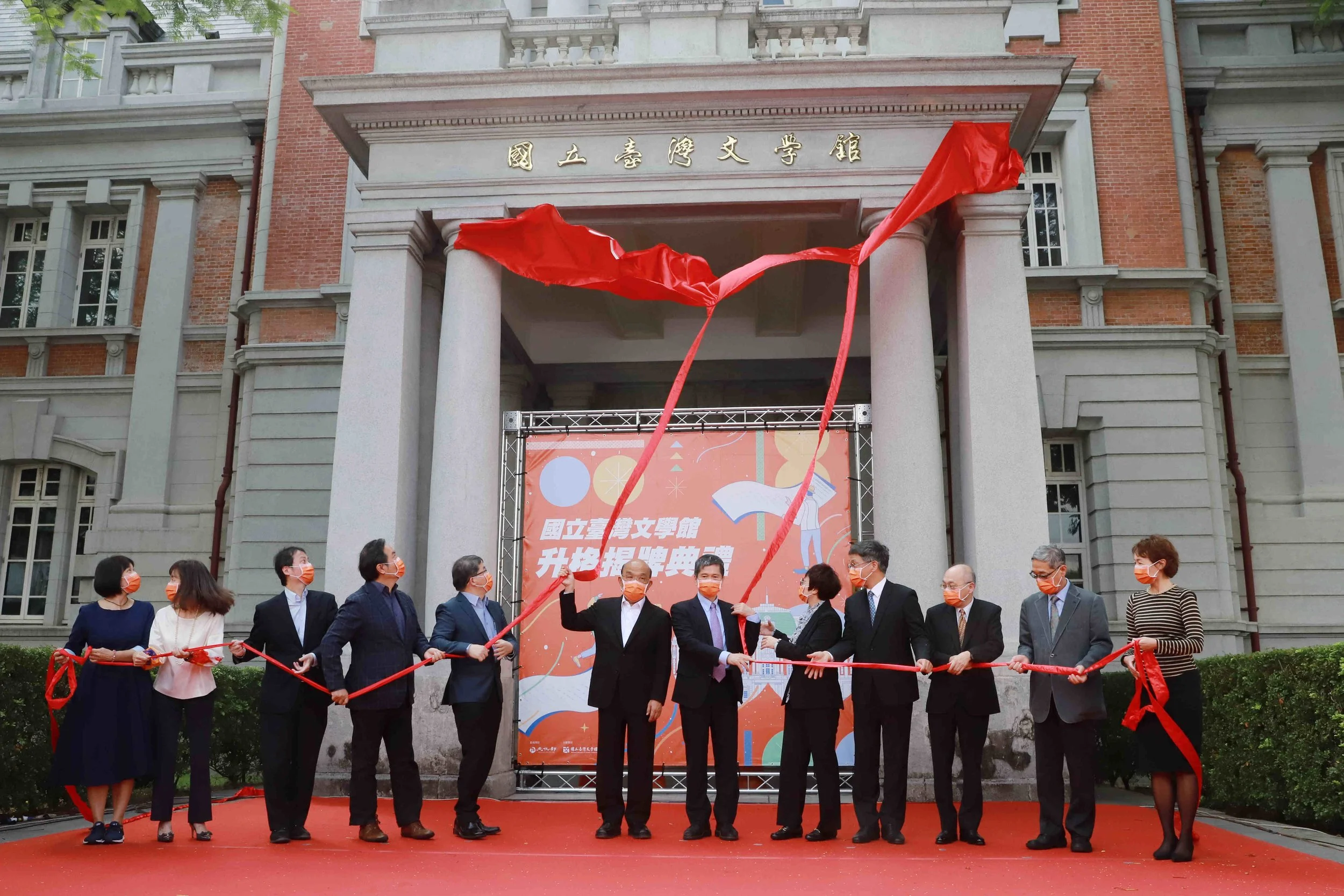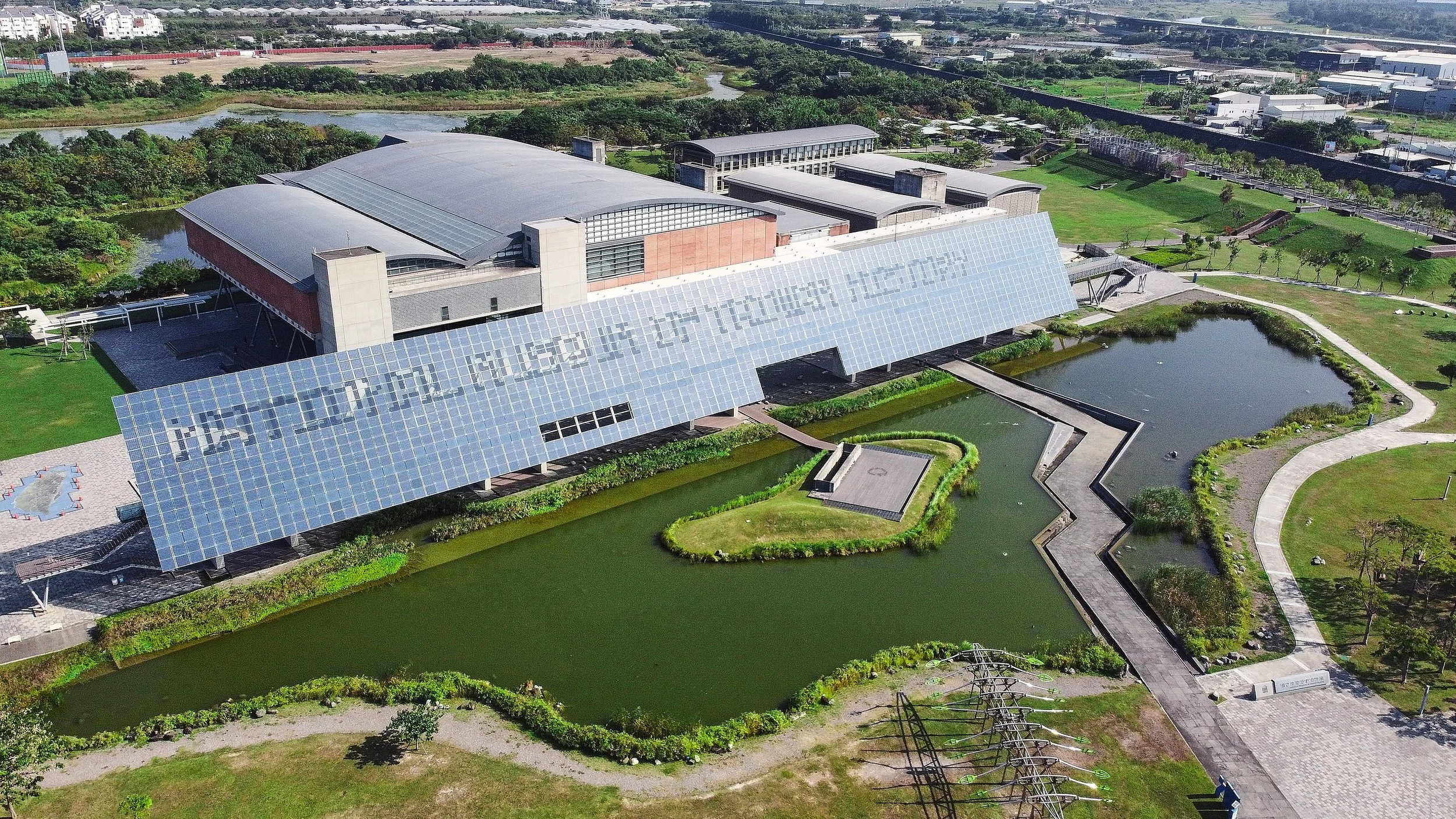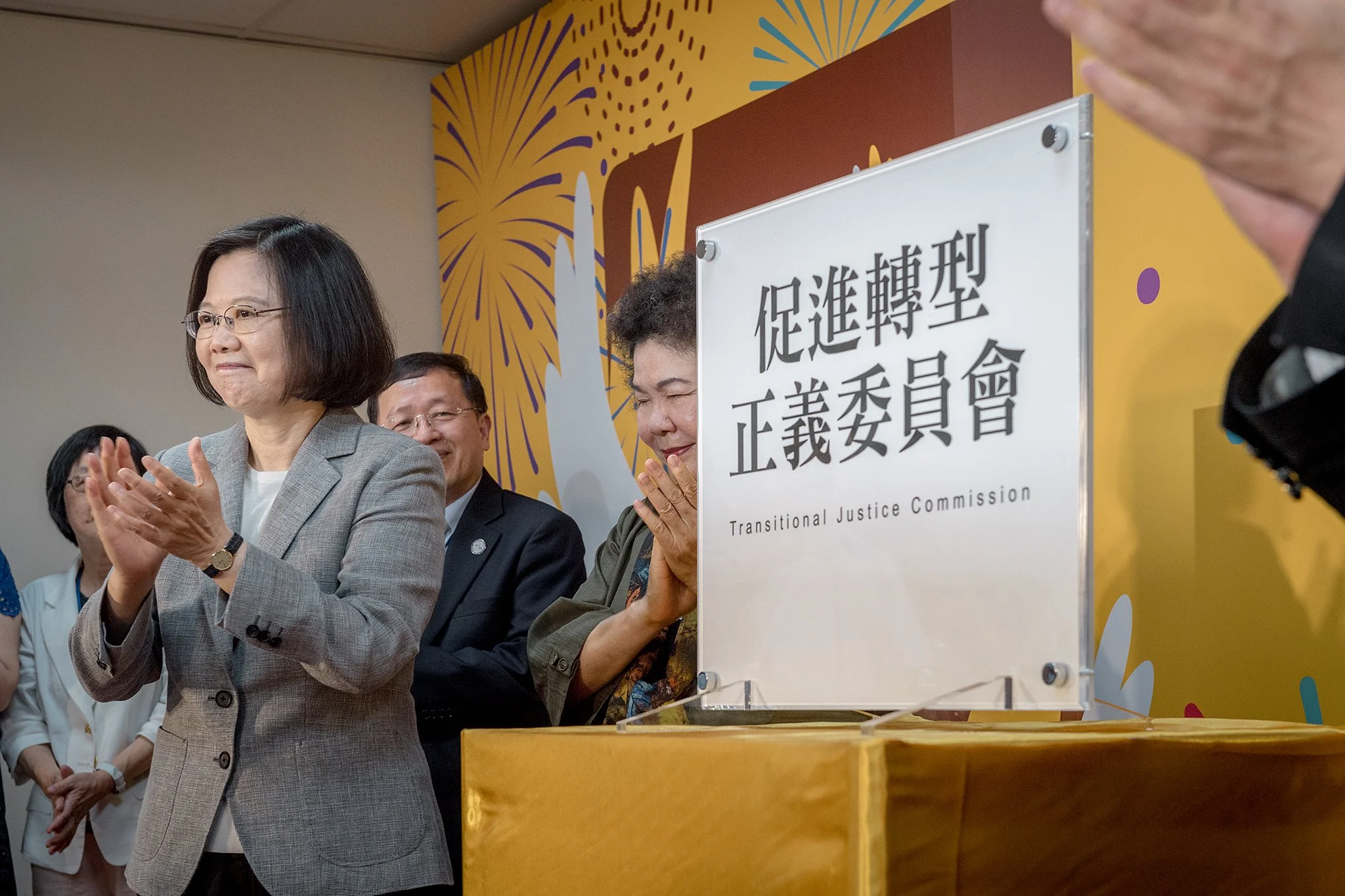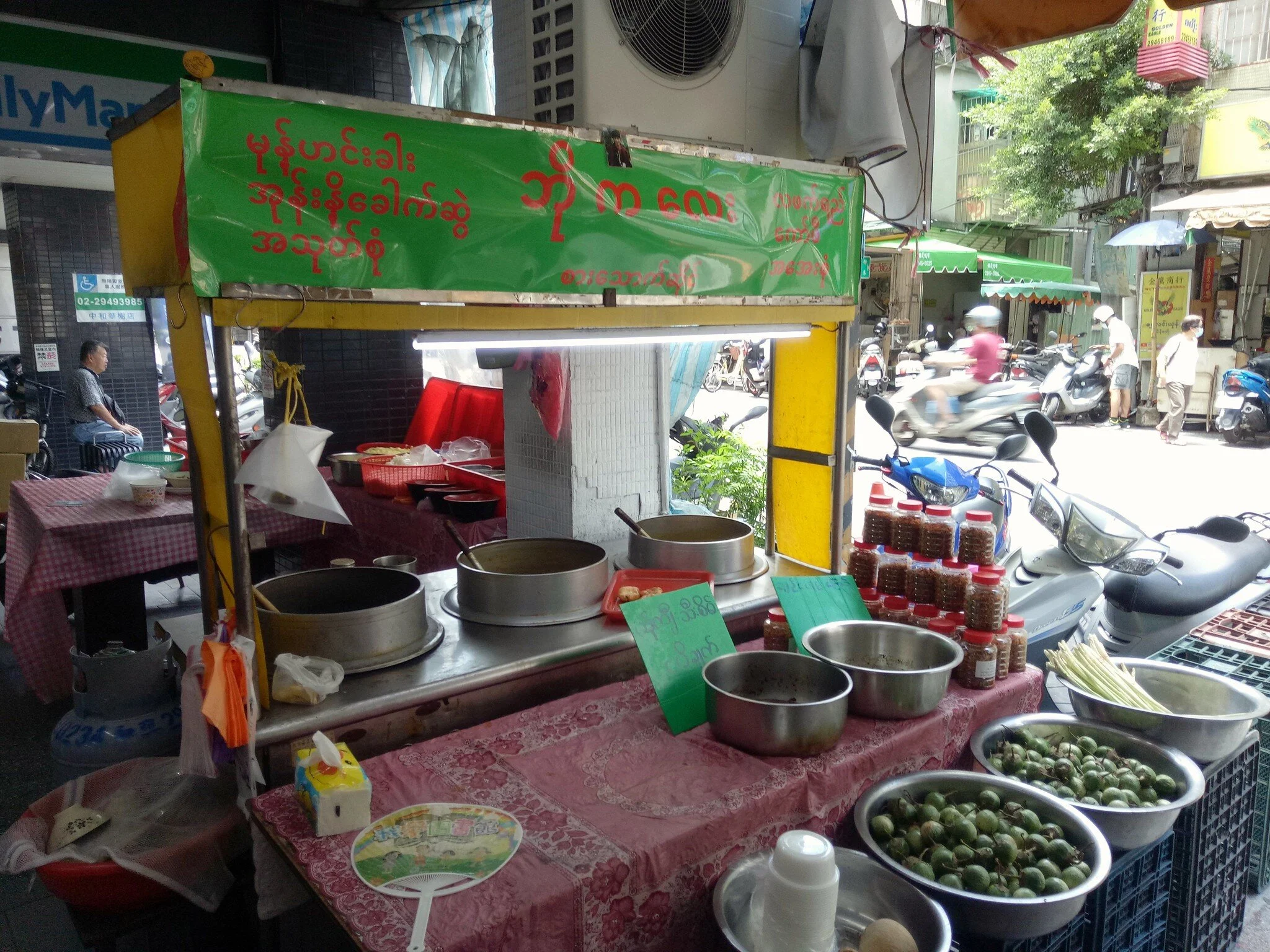Taiwanese businessmen in China have enjoyed the spoils of China’s economic reform and political development after Tiananmen. Doing business in China could be risky, however. It is easily affected by the profound instability of business-political relationship in China, the shifting balance of global power, and other factors. As the Chinese Communist Party celebrated its centennial in 2021, what might be the fate of Taiwanese businessmen in China?
The Taiwan Gazette translates and publishes original reporting from Taiwan, Hong Kong and China. Our goal with the platform is simple: We want original reporting from the Sinosphere to have a wider impact on global civil society.





















